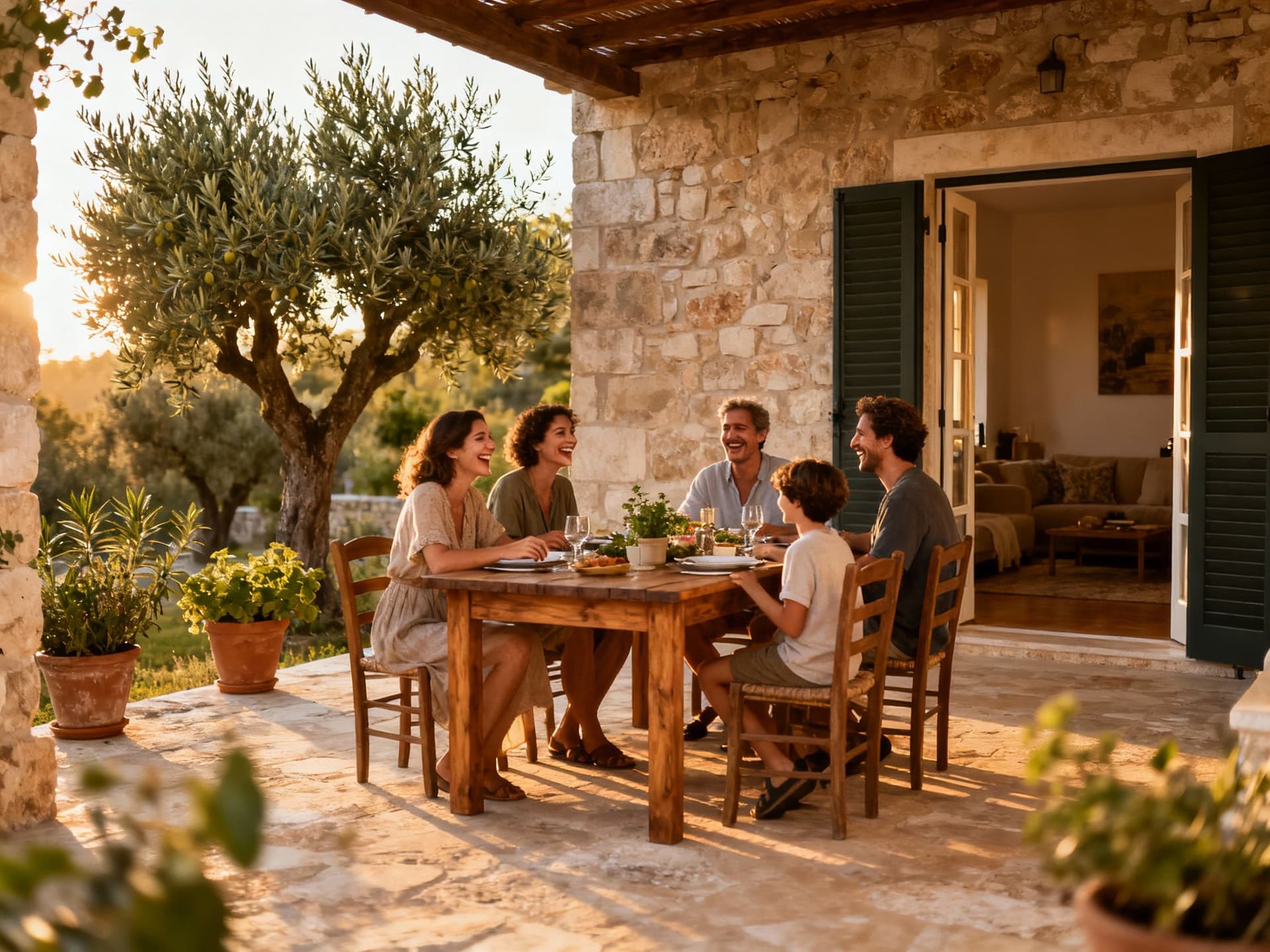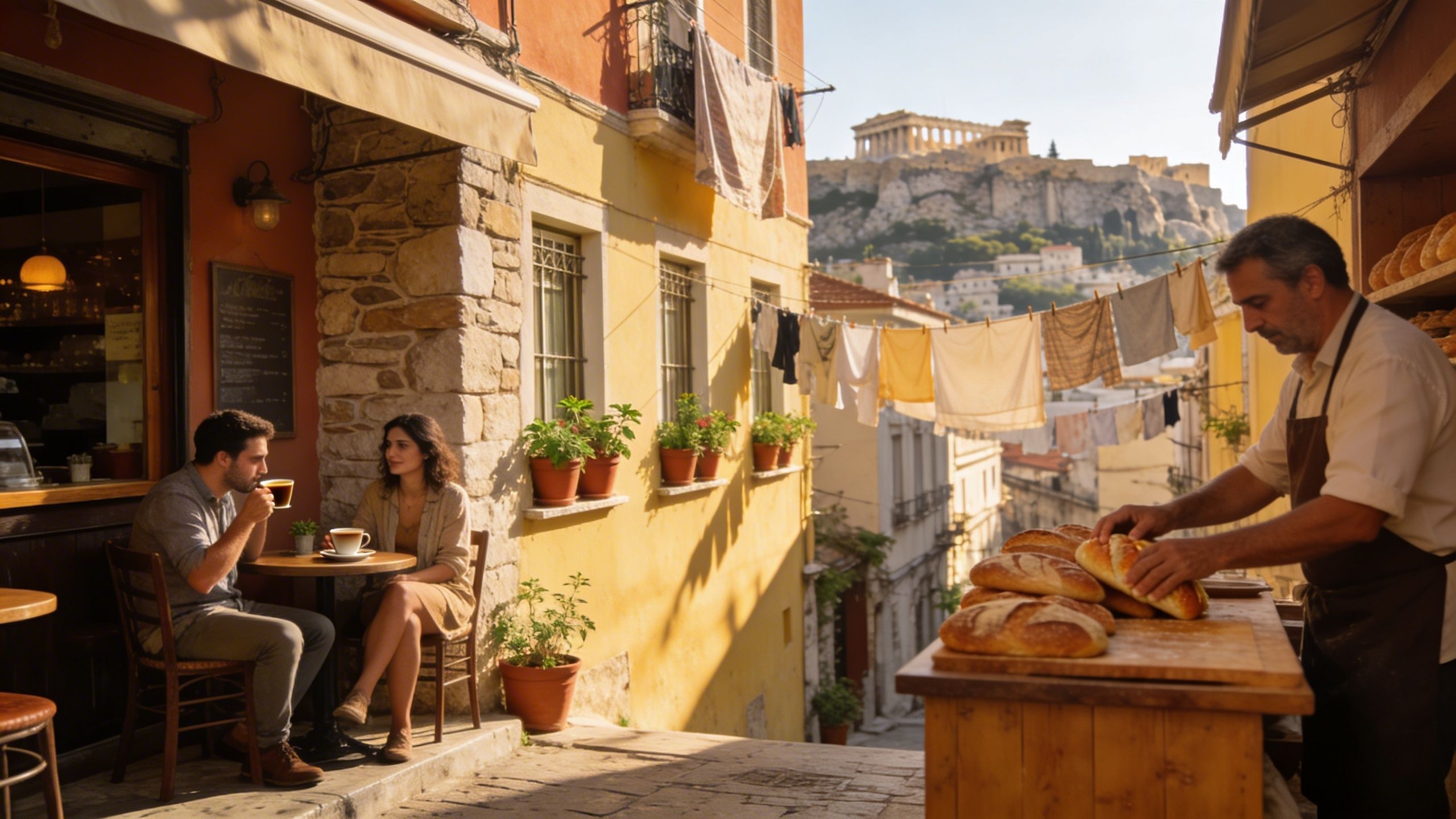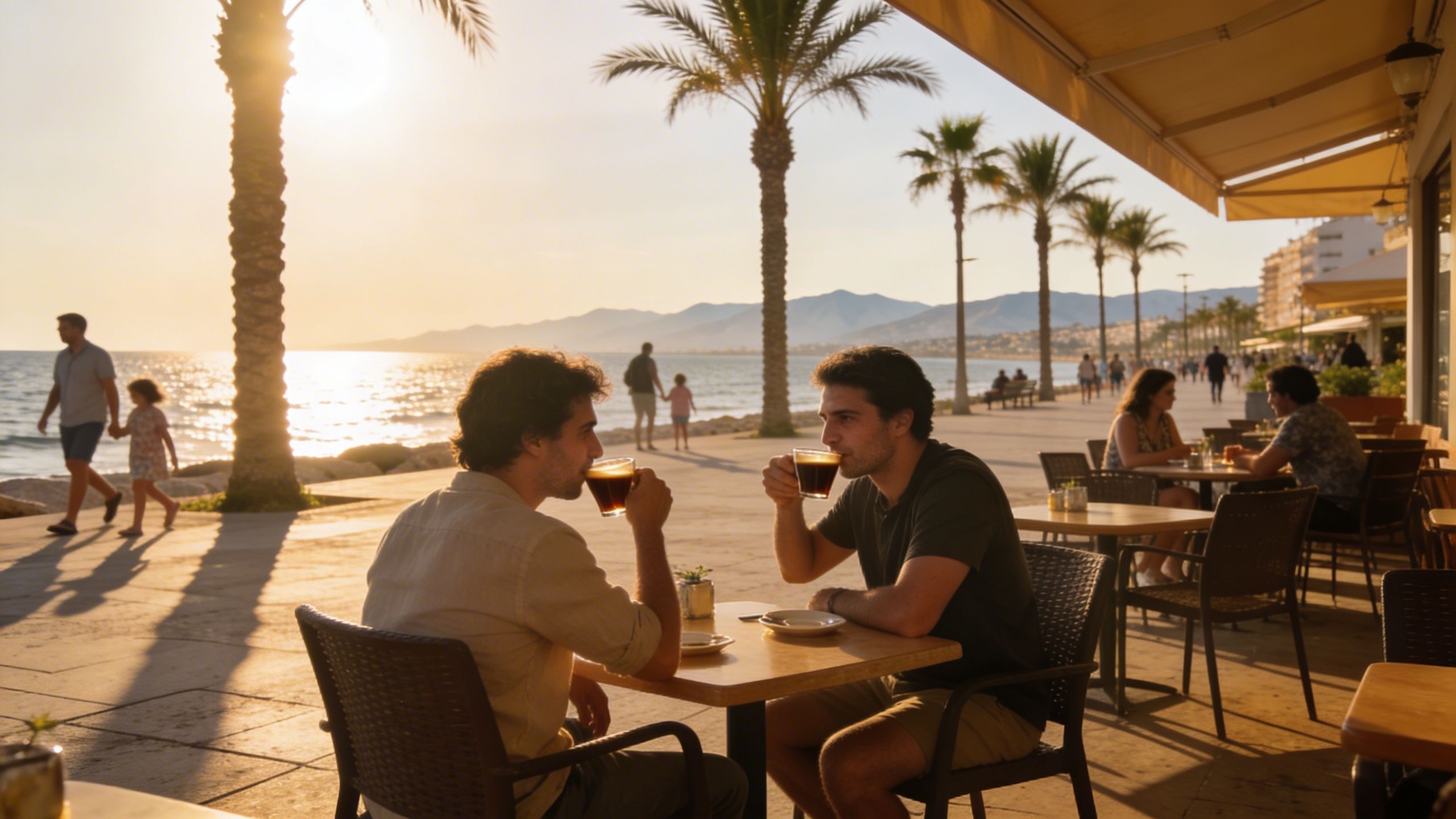Closing Costs, Contracts & Stewardship in Croatia
Practical, lifestyle-led advice for buying and stewarding a Croatian home — from contract costs and reciprocity rules to seasonal living and sustainable stewardship.
Imagine waking to the sound of church bells over a walled old town, or the hush of pine-scented air on a stone terrace overlooking the Adriatic. In Croatia, daily life moves between salt wind and vine-shaded lanes, and that rhythm shapes every choice you make when buying a home — from where you sign a contract to how you steward a garden for decades to come.
Living the Croatia lifestyle

Picture mornings in Split with espresso at Bačvice, afternoons island-hopping from Hvar, and evenings lingering over peka in an Istrian konoba. Coastal towns like Dubrovnik and Rovinj have a slow, sun-warmed sociability; inland Istria and Zagorje offer rolling vineyards, truffle-rich woods and a quieter domestic pace. Those textures — salt, stone, pine and grapevine — are the backdrop for a life lived outdoors and seasonally in Croatia.
Neighborhood spotlights: coastal charm to hilltop villages
Every region carries its signature. In Split, the Riva and Varoš district hum with cafés and year-round life; on the Istrian coast, Rovinj’s cobbled alleys and fishing harbour feel intimate and artisanal. Inland, Motovun’s hilltop views and vineyard terraces offer a slower rhythm where communal festivals mark the seasons. Choose a neighborhood for the life you want first; property style and practicalities follow naturally from that choice.
Food, markets and social life
Markets are weekly rituals: fish stalls at Split’s Pazar, truffle stands near Buzet, and farmers’ tables of figs and olive oil across Dalmatia. Cafés spill into piazzas and conversations often start with a shared plate or a glass of malvazija. For internationals, these public places are where friendships begin and where local agents translate lifestyle intent into a shortlist of suitable homes.
- Rural and coastal lifestyle highlights: morning market fish stalls (Split Pazar); pebble beaches for late-afternoon swims (Brela); hilltop wine tastings (Istria); konoba suppers with locals (Vis); lavender and olive groves near Rovinj
Making the move: practical considerations

The dreamy image of terrace light must meet paperwork, and Croatia’s purchase process rewards planning. EU/EEA citizens enjoy streamlined purchases; many third-country buyers require Ministry approval under the reciprocity rule and an OIB (personal ID number). Expect land-registry checks, a notary-drafted deed, and time for registrations — each step where local expertise shortens timelines and reduces surprises.
Property styles & what they offer
Stone townhouses deliver cool interiors, thick walls and a strong sense of place; renovated farmhouses (konaks) wrap you in timber and plaster, ideal for gardens and olive trees. Modern seafront villas offer insulation, heat pumps and solar-ready roofs — practical if energy independence matters. Match the building type to how you intend to live: seasonal retreat, year-round home, or rental income.
Working with local experts who know the lifestyle
- 1. Secure an OIB and engage a bilingual lawyer to check title, encumbrances and reciprocity requirements. 2. Use an agent experienced in eco-friendly and traditional properties to assess energy systems and renovation scope. 3. Arrange a notary for the deed and prepare funds for transfer, taxes and fees (3% transfer or VAT on new builds). 4. Register ownership in the land register and confirm any municipal tax obligations.
Insider knowledge: what expats wish they'd known
Expat buyers often underestimate seasonal variation: coastal towns pulse with tourists in summer and quiet down deeply in winter. Recent policy shifts aim to rebalance short‑term rentals and long-term housing, which affects rental income assumptions and municipal taxes. Knowing local rhythms — festival calendars, ferry timetables, and municipal rates — helps you plan occupancy, stewardship and budgeting.
Cultural integration, language and community
Croatians value hospitality and small courtesies; learning basic Croatian phrases opens doors. Join local associations — winegrowers, olive cooperatives, or municipal volunteer days — to weave into community life. Neighbourhood rituals, like Sunday market visits or church festivals, are where friendships form and local stewardship traditions are learned.
Long-term stewardship and sustainability
- Practical stewardship tips: prioritise thermal insulation and shading for Mediterranean summers; consider rainwater capture and drought-tolerant landscaping; check roof structure for solar installation readiness; choose local stone and timber for sympathetic renovations; maintain stone walls and terraces to preserve biodiversity and microclimate.
When practicalities and passion align, life in Croatia can shift from holiday to home. Begin with a visit in two seasons, meet local neighbours and professionals, and ask for full cost breakdowns before signing. An agent who understands both ecological choices and Croatian bureaucracy becomes the bridge between the life you imagine and the legal reality you'll live with.
Next steps: request municipality tax details, verify reciprocity for your citizenship, commission an energy and structural check, and build a stewardship plan for the landscape around your new home. With careful, values-aligned decisions you'll not only buy a property — you'll inherit a place and the responsibility to care for it.
Danish relocation specialist who moved from Copenhagen to the Algarve; supports families with seamless transitions, local partnerships, and mindful purchases.


